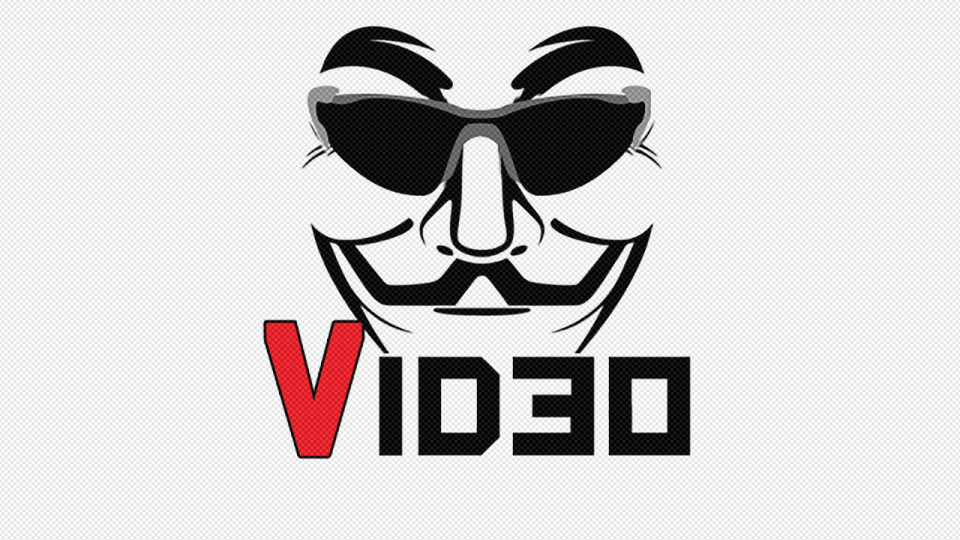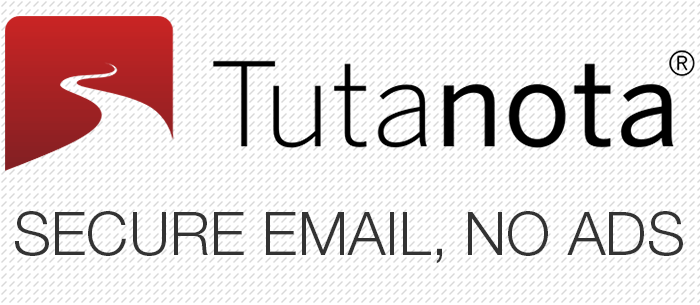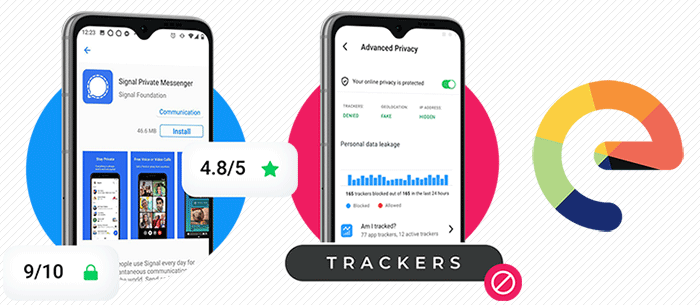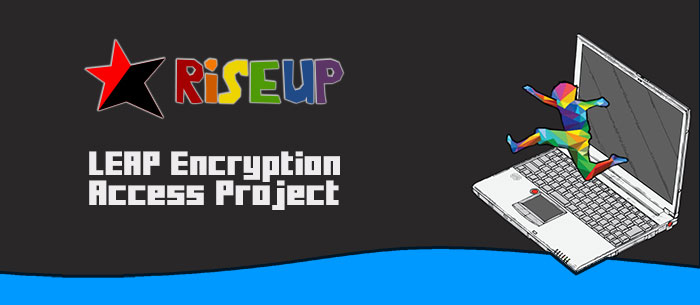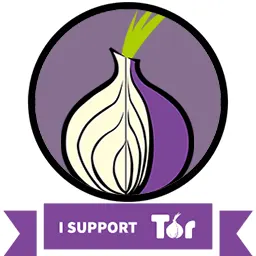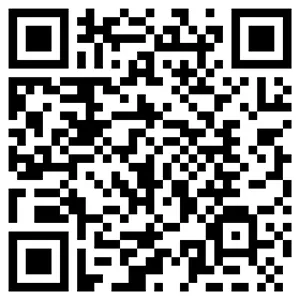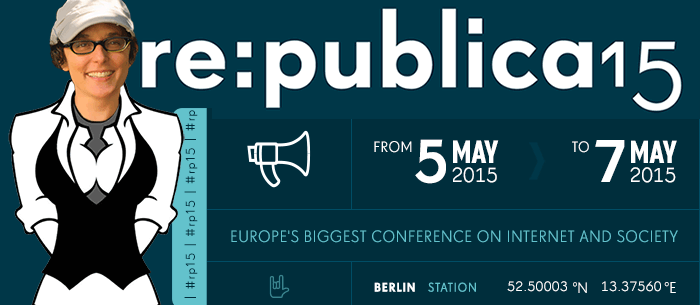
Home Anonymous Operations Civil Liberties in the Digital World re:publica 2015 - Gabriella Coleman
Sunday 10 May 2015
The re:publica is one of the largest and most exciting conferences about digital culture in the world.
Since its foundation in 2007, it has grown from a cozy blogger meeting with 700 participants into a wide-ranging “society conference”, with 7000 visitors in 2015.
Anonymous - a enigmatic protest ensemble that first emerged as an activist force in 2008 - has been thrust repeatedly into the media limelight due to a series of high stakes digital protest attacks, stretching from Distributed of Denial Service attacks to high profile hacks.
By 2011, Anonymous targeted Fortune 500 corporations and military defense contractors. Mercenary hackers doxed Anons, revealing their identities to law enforcement by publishing their legal names, personal photos, and addresses. Anons started to leak sensitive, classified, or humiliating information.
Given the prevalence of cyberware and terrorism rhetoric, it would seem effortless and straightforward for government officials to paint Anonymous as a new breed of dangerous cyberterrorists. Despite a few notable attempts to forge this precise connection, the government has thus far failed in slotting Anonymous into this well worn scaremongering trope; the great majority of news media accounts treat Anonymous not as violent cyberterrorists, but foremost as insurgent digital activists.
Drawing on years of ethnographic research, this talk offers an account as to why Anonymous was able to successfully (although narrowly) dodge the cyberterrorism rhetorical machine and looks instead to the prosecutorial tactics deployed to silence and even punish Anonymous activists.

